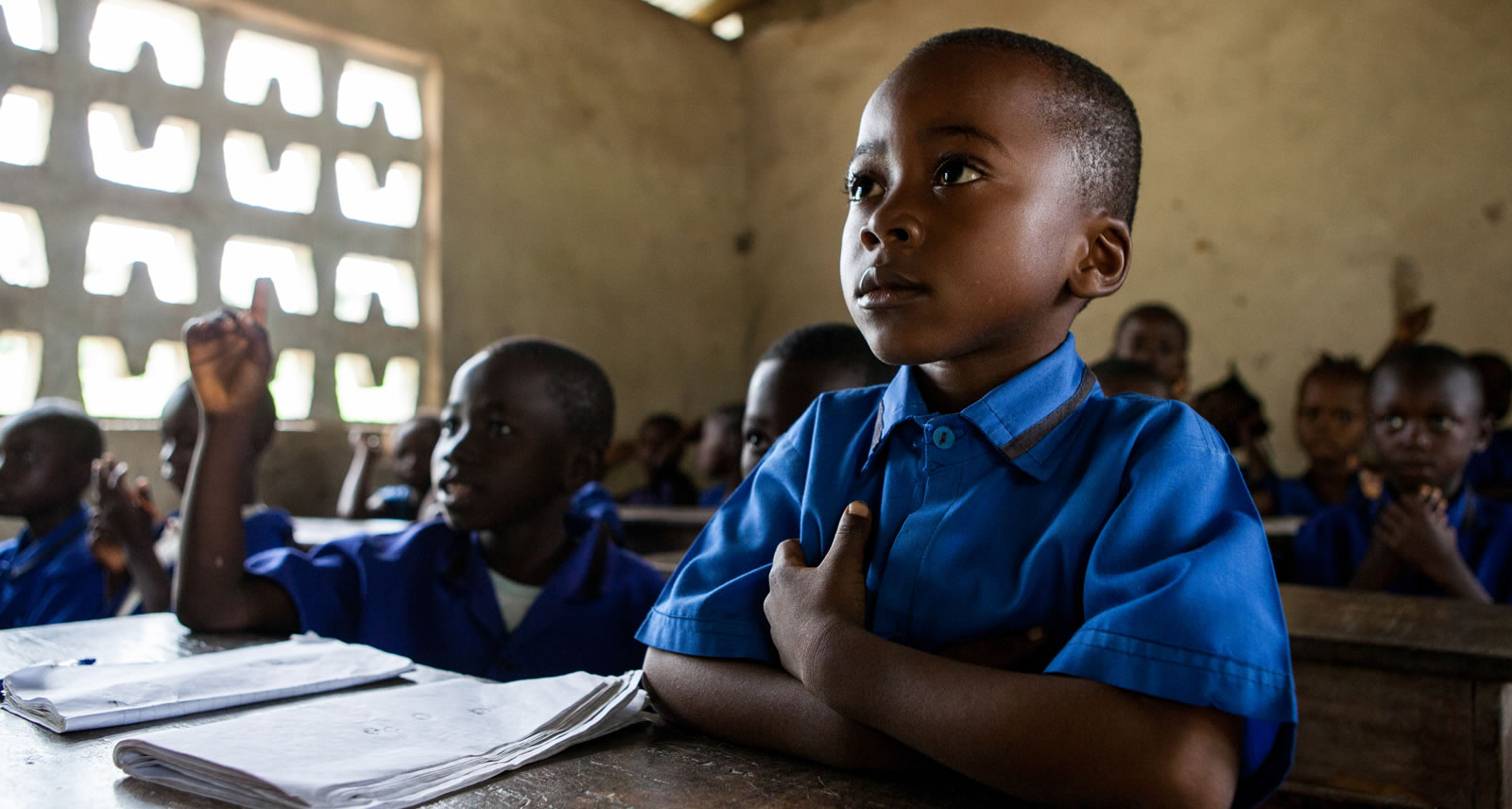Integration of Transferable Skills in Secondary and TVET Education in Sub-Saharan Africa

The project aimed to produce evidence to inform thinking and policies to incorporate transferable skills into secondary schools and technical and vocational education training (TVET) curricula in selected (case study) countries. The study had relevance to other African countries facing similar challenges relating to youth development as well.
It was envisioned that the evidence would lead to action in scaling up incorporation of transferable skills in schools. Youth would acquire these skills, which would help unleash their full economic potential through improved employability and economic productivity. The ultimate impact of the project was to improve macro-level economic productivity, accelerate economic growth, and improve the wellbeing of individuals and households to the extent that the economic growth will be inclusive.
The primary objective of the project was to document and share experiences on how different types of transferable skills have been incorporated into formal education systems in selected African countries.
The project’s specific objectives were to:
- Characterise the state of efforts and policy environment for incorporating transferable skills in formal secondary education curricula in Africa
- Conduct case studies to document experiences, lessons, and impact of early efforts to incorporate transferable skills in formal secondary school curricula in Africa
- Disseminate lessons from the project to policy makers and other stakeholders in case study countries and at regional levels in Africa in order to stimulate interest and action in scaling up incorporation of transferable skills in formal school curricula in Africa
The project had the following interventions:
- Mapping of initiatives on transferable skills in formal education in Africa
- Undertaking global literature review on transferable skills
- Mapping of transferable skills initiatives in case study countries
- Reviewed national policies to understand the broad policy environment for incorporating transferable skills in schools
- Carrying out case studies in transferable skills in three countries (Rwanda, Nigeria and Kenya) to document experiences in incorporating transferable skills in formal school curriculum in sub-Saharan Africa
- Disseminated case study findings in various forums, including science policy cafes and regional meetings
- Developed and produced thematic policy briefs
- Developed project reports and convened meetings with the MasterCard Foundation and other stakeholders
- Established an advisory committee and holding consultative meetings to get strategic advice on the project
At the end of the study, the project developed a report that examined three cases in which governments in sub-Saharan Africa have undertaken reforms of formal secondary as well as TVET systems to better incorporate training in transferable skills. The study found that evidence of impact catalyses education reforms in incorporating new content on transferable skills into the curriculum.
It also found that strong political champions, wide stakeholder engagement, decentralized authority, and flexible funding were important drivers for scaling up efforts. The study made policy recommendations for governments to create space for innovation, plan for scaling up, engage stakeholders, prioritise costing and training in new pedagogies, and develop new assessment tools. Implications for donors were for provision of flexible financing and investments in transferable skills and in training for teachers and instructors.
The study report can be found here.
The project was implemented with funding support from the MasterCard Foundation.
Key Details
| Dates: | January 2016 to December 2016 |
| Aim: | The project was aimed at producing evidence to inform thinking and policies to incorporate transferable skills into secondary schools and technical and vocational education training (TVET) institutions’ curricula in selected (case study) countries and other African countries facing similar challenges relating to youth development. |
| Where: | Kenya , Nigeria , Rwanda , Tanzania |

